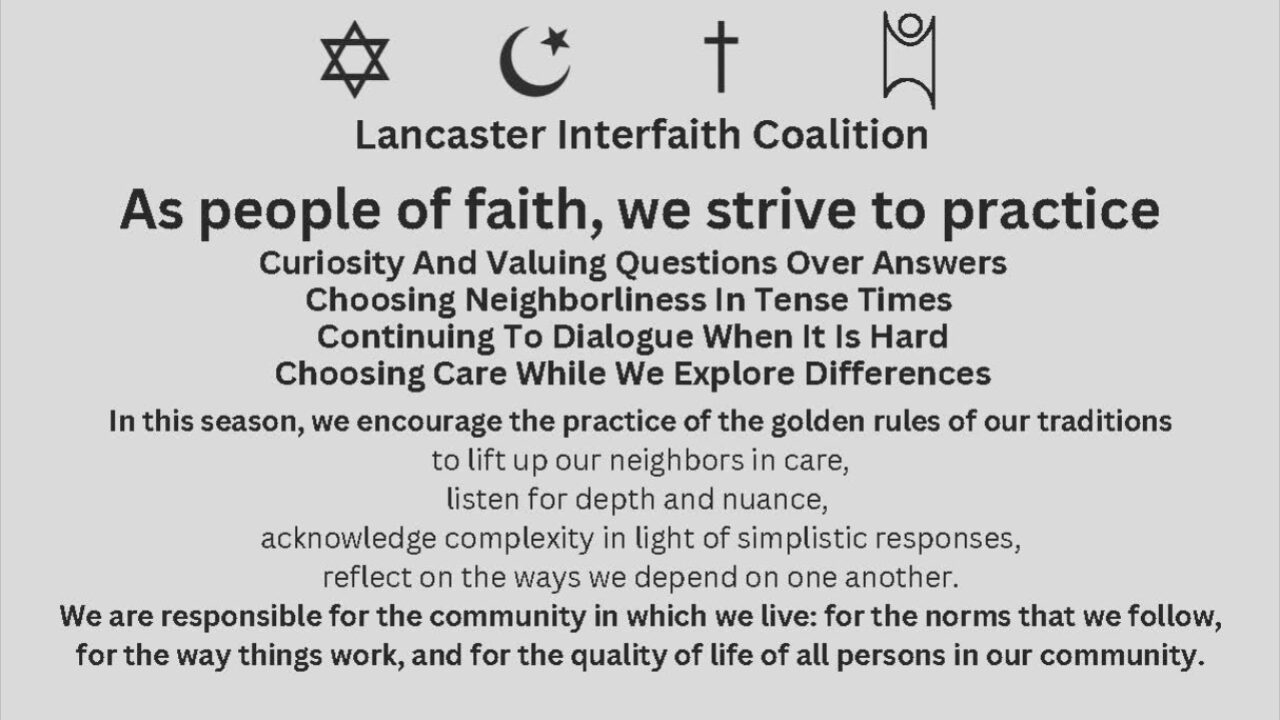Recently I was made aware of this film called The Kingdom of Heaven, which is a piece of historical fiction, um, with one of the characters being Balian of Ibelin.

In it, he is preparing at one point to defend Jerusalem and he needs more knights. He needs a larger army. So, he begins knighting ordinary men. In the movie, there’s this scene where he says to these ordinary men that he is making into knights, “Look up at me. See in my eyes something more and far greater than you see and know in your limitations.” He wanted these men to have more strength and courage than they knew of themselves.
It reminded me of Hafiz. “I wish I could show you when you are lonely or in the darkness the astonishing light of your own being.” – Hafiz of Shiraz
When I heard this, I thought about Onesimus in our scripture. We know why the letter’s written, but we don’t know what relationship Paul and Onesimus really had. It seems that, that Onesimus was quite helpful to Paul, and Paul saw him as more than he saw himself, and certainly more than a slave to Philemon.
So I wanted to start there as we get into this scripture lesson for today, Philemon 1:8-17
If you read my come Sunday, it’s the third shortest book of the Bible, based on word count, um, it’s only beat by the letter of first John and the letter of second John. It’s this very short piece and it is this letter from Paul to Someone Paul knows.
Paul knows Philemon and has met Onesimus and wants Onesimus to go back to Philemon. Onesimus is a runaway slave. Now you need to know something about slavery in Roman culture. It was economic, but it was economic based on debt. You became someone’s slave while you paid off your debt to them.
So, what Paul has done in this letter is he is reaching out to Philemon and saying, I’m sending Onesimus back to you. I’m returning your slave, but I don’t want you to treat him as a slave. Because in that culture, a runaway slave, if they were captured or brought back, they were branded on their face with an F for fugitive. Which even if they paid their debt, that brand stayed there for the rest of their lives. Paul’s trying to avoid that. He’s trying to avoid any punishment for Onesimus.
Onesimus has great value. He can be of use to both Philemon and to Paul. So rather than punishing him, Paul asks for forgiveness. He asks that Onesimus be welcomed as a brother. Be welcomed in love more like the story of the prodigal son who is welcomed back into welcoming arms and brought back into the table, part of the family, no longer a slave.
If you continue, I’m not sure if we hit that part or if it’s in the next verses, Paul is willing to even pay Philemon’s debt. Paul will cover that debt. So Philemon has lost nothing, but gained a brother. This is Paul in his most persuasive. Trying to be that person who says, choose love over fear.
When I was sitting with that, this scripture from 1 John came to my mind. “There is no fear in love, but perfect love drives out fear, because fear expects punishment. The person who is afraid has not been made perfect in love.”

I think that’s something important for us to think about and remember right now. You see, there is within all of us judgement. It is a piece in our brain that can be very critical of us and of others.
It can help us make sense of the world. It can help us avoid danger. But it also can be an impediment. To relationships. It can stop us from forgiveness. It can stop us from loving the way we are called to love because it prevents us from being our best selves. It prevents us from seeing them as a child of God. And that’s our charge.
That’s Jesus expectation of us, that we see each person as a child of God, worthy of God’s love, a person who has received the mercy of God. Even though they may be someone who is saying something that we completely disagree with, we are still called to be in relation with them. We are called to love them because we are called to love the stranger and the enemy.

I was just in a conversation recently with Rabbi Jack Paskoff of Congregation Shaarai Shomayim. We were talking about these calls on us to love.
And one of the other Christians in the group said, we are called to love the enemy. And Jack said, we’re not. It surprised me, but he’s right, that’s only in the New Testament. The Old Testament is the love your God with all your heart, mind, soul, and spirit and to love your neighbor as yourself.
They are called to care for the stranger. The alien is actually is is the way it’s translated, the alien in your midst the one you don’t know. Just to clarify neighbor, although that is next week’s sermon, “Who Is My Neigbor?”
But, we are also called to love the enemy. That is Jesus call on us. That is a call that I think we need to take very seriously right now.
So I told you that I was in this conversation with Jack and this is what came of it. I get to give you a sneak preview. Below is an ad that’s going to show up in the Lancaster newspapers. I think it’s going to run twice because I am still part of the Lancaster Interfaith Coalition.

We are called to be co-creating with God the beloved community.
Recently, Pope Francis got the Catholic community pretty excited. Did you see that? If you didn’t, I’m going to share it with you because I’m proud of him.
He recently said, all religions are paths to God. I will use an analogy. They are like different languages that express the divine. If Pope Francis can get there, I think the rest of us can too. This is not about demonizing anyone.
We have to learn to work together, to find the commonalities, to appreciate the differences and to figure out how we will be ONE beloved community.
It’s a tall ask, but it is what Jesus looks for us to do. May it be so. Amen.



